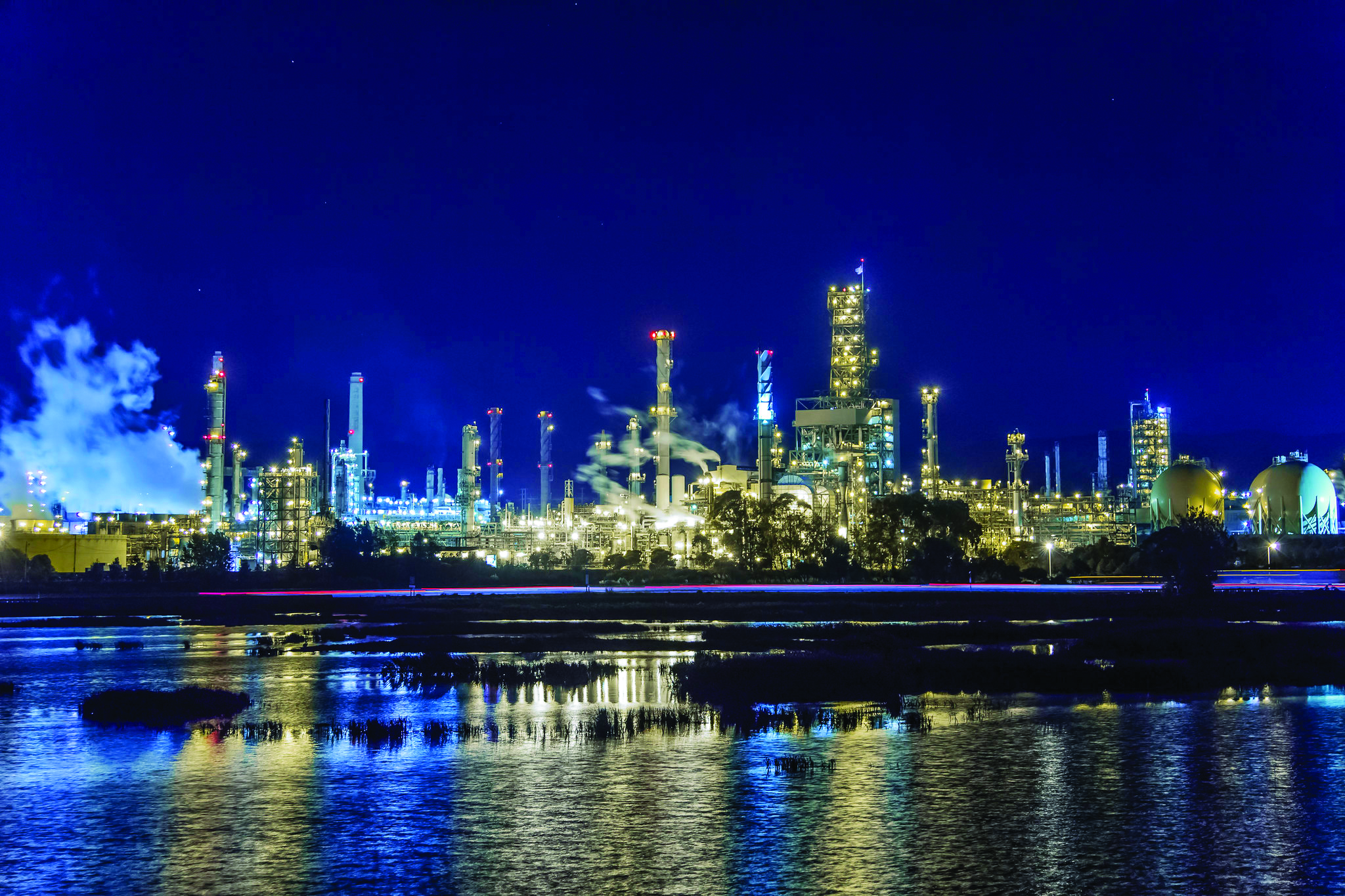By Jacob Klein
The Marathon Refinery in Martinez and the Phillips 66 Refinery in Rodeo each recently announced plans to switch from fossil fuel based production to “renewable diesel.” Produced from feedstocks like cooking oil and vegetable oils, renewable diesels are being touted by the refineries as a more environmentally friendly alternative to oil.
Indeed, the claim is that greenhouse gas emissions would be reduced by half, which may well be a positive step. However, that half still represents major greenhouse gas emissions at a time when we need to be working towards an emissions-free future, as seen in electrification efforts and switching from diesel trucks to electric.
Proponents of renewable diesel also claim the switch will reduce other harmful emissions in addition to greenhouse gases. But it wouldn’t eliminate harmful emissions, and wouldn’t address Particulate Matter 2.5, which we know to be especially harmful and linked to Covid-19 mortality.
The renewable diesel feedstock would be mixes of fats, cooking oils, and vegetable oils. Although other facilities around the world have produced renewable diesel from cooking oils, the torrent of restaurant closures in the wake of Covid’s economic fallout is already reducing that source material.
As for vegetable oils, although the refineries are not currently planning on using palm oil — noted for its ecological destruction — the focus on soybean oil raises many questions. Although the refineries claim that the soybean oil will come from existing agricultural production, it’s unclear if there is enough to sustain mass production. If more soybean oil production is needed, this could have negative environmental impacts including monoculture and forest razing in places, like the Amazon, that are already devastated by deforestation.
Also of concern is the impact that the new refineries will have on jobs. Marathon has already laid off most of its workers there. Although there are promises of new jobs for the transition and upon opening of the planned renewable diesel refinery, both Marathon and Rodeo Renewed are anticipating fewer jobs overall. In the meantime, many workers will be out of work.
Currently in pursuit of permits to begin the transition, both refineries hope to be refining only renewable diesel by 2023 to 2025. The new refining process would run until at least 2033. After that point, the refineries’ plans are unknown.
Down the line, when production eventually comes to an end, there must be a plan in place to decommission the refinery and do full site remediation to support community health and local ecologies.
All in all, it remains to be seen if renewable diesel offers a viable path to economy and energy production that doesn’t cause negative consequences for frontline communities, workers, and more. Renewable diesel may offer a transitional fuel as we try to switch to completely renewable energy sources. If it does, we have to make sure we’re planning for a future where communities and workers are supported, land is remediated and available for public use, and we’ve moved away from extractive economies.

Photo: Marathon Refinery in Martinez, courtesy James Daisa via Flickr Creative Commons